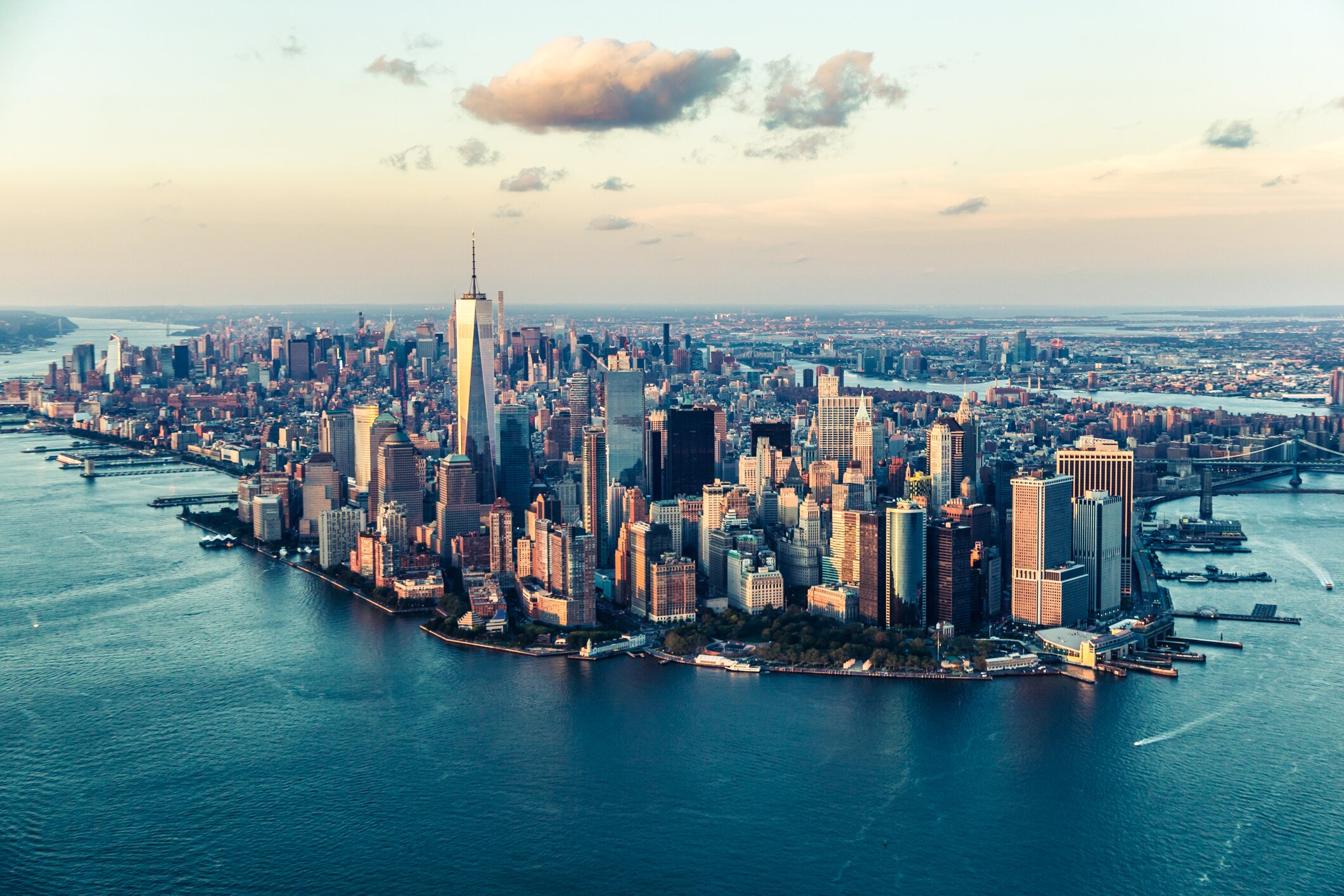
"The 34-year-old democratic socialist campaigned on an ambitious (and costly) "affordability" agenda: freezing rents on 1 million apartments, raising the minimum wage to $30 per hour by 2030, establishing government-run grocery stores and universal child care-and funding it all through higher taxes on corporations and the wealthy. As a result, several ultrarich residents vocally opposed Mamdani's election, noting that his big government plans would likely add, not remove, burdens for most New Yorkers and would push the city's super-elite to relocate elsewhere."
"Yet this focus on the city's billionaire class mostly misses the point. Aside from the most extreme and unrealistic of Mamdani's wealth-confiscating plans, the flight risk arising from his proposals policies was never about billionaires; it was about their employees-the higher-earning New Yorkers who can't easily absorb the higher costs and greater inconveniences that Mamdani's plans will produce but can move to places, near and far, where life is a little easier."
Mamdani won New York City's mayoralty on an expansive affordability platform that includes rent freezes for one million apartments, a $30 minimum wage by 2030, government-run grocery stores, universal child care, and higher taxes on corporations and the wealthy. Several ultrarich residents opposed the agenda and threatened to leave. The greater migration risk centers on higher-earning employees (HENRYs) who can more easily relocate and who sustain much of the city's economy. Remote work has already encouraged such departures. Political realities will constrain policy implementation, but aggressive reforms could nonetheless accelerate HENRY outflows and harm the city's economic base.
Read at Cato Institute
Unable to calculate read time
Collection
[
|
...
]